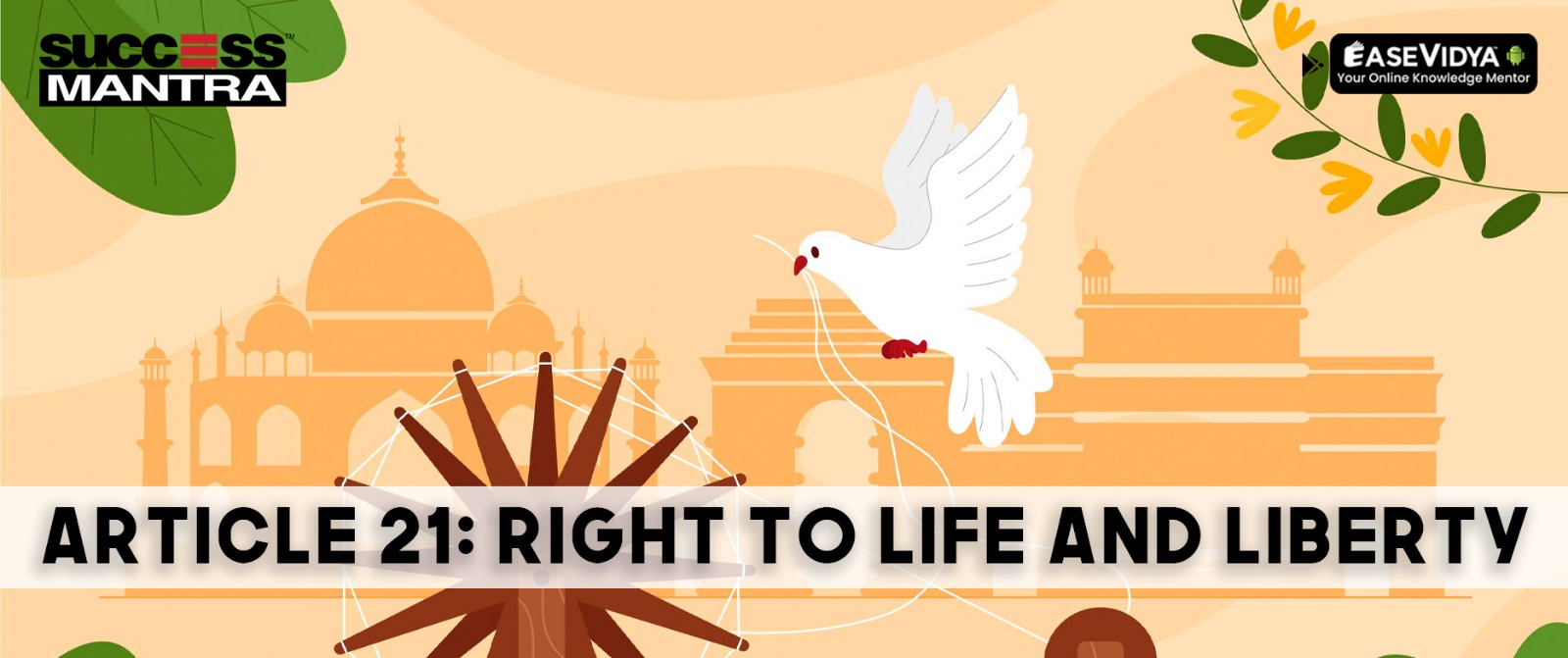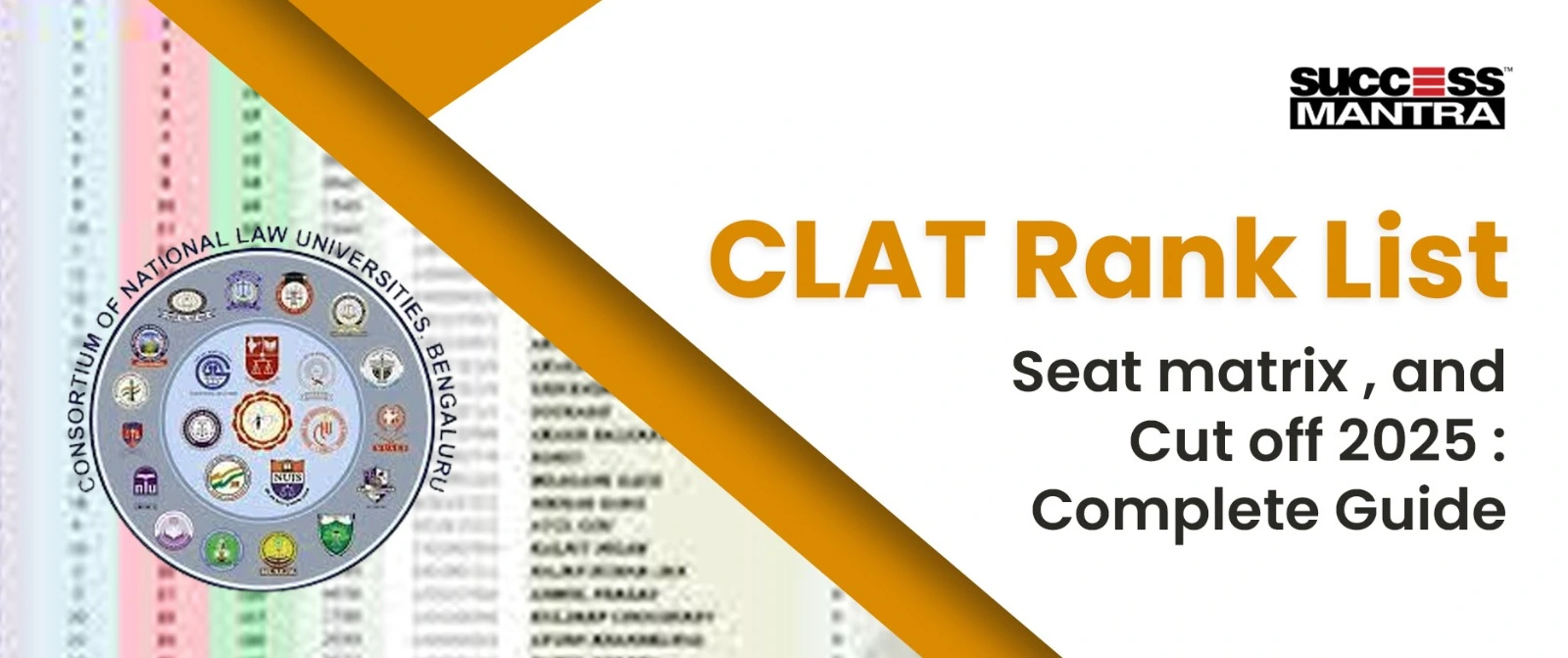
Article 21 - Right to Life and Liberty
Article 21 - Right to Life and Liberty
Introduction
Article 21 of the Indian Constitution is a cornerstone of fundamental rights. It is often regarded as the heart and soul of the Constitution because it encapsulates the quintessential right to life and personal liberty. This article is not merely a legal provision; it is a reflection of the aspirations of the founding fathers of the Indian Republic, who sought to secure the dignity and rights of every citizen. Over the years, Article 21 has evolved through numerous landmark case laws, shaping the course of Indian jurisprudence and safeguarding the fundamental rights of citizens. In this article, we will delve into the significance of Article 21 and explore its evolution through the lens of landmark cases.
Understanding Article 21
Article 21 of the Indian Constitution reads, "No person shall be deprived of his life or personal liberty except according to procedure established by law." This seemingly straightforward provision has profound implications. It guarantees two distinct but interconnected rights: the right to life and the right to personal liberty. Let's break down these rights:
- Right to Life: The right to life is not limited to mere existence; it encompasses the right to live with dignity. It includes the right to a healthy environment, the right to livelihood, and the right to protection from arbitrary or unlawful actions that may jeopardize one's life. It is not an absolute right but can be restricted by law, provided the procedure for such restrictions is established by law and is fair, just, and reasonable.
- Right to Personal Liberty: The right to personal liberty includes freedom from unlawful detention or imprisonment. It ensures that a person cannot be deprived of their freedom without due process of law. It also encompasses various aspects of personal freedom, such as the freedom of movement, speech, expression, and association.
Now, let's delve into some landmark cases that have played a pivotal role in defining and expanding the contours of Article 21.
Landmark case laws :
1. Maneka Gandhi v. Union of India (1978)
The case of Maneka Gandhi is a watershed moment in the history of Article 21. Before this case, the prevailing interpretation was that the state could deprive a person of their passport without giving reasons, as long as it was done in accordance with the procedure established by law. However, in this case, the Supreme Court held that the procedure established by law must be just, fair, and reasonable. This decision expanded the scope of Article 21 by emphasizing the importance of substantive and procedural due process.
2. Olga Tellis v. Bombay Municipal Corporation (1985)
In the Olga Tellis case, the Supreme Court addressed the issue of eviction of slum dwellers in Bombay. The court held that the right to life under Article 21 includes the right to livelihood. It emphasized that eviction without providing an alternative livelihood would violate the right to life of the slum dwellers. This case laid the foundation for the recognition of the right to livelihood as an integral part of the right to life.
3. Sunil Batra v. Delhi Administration (1978)
Sunil Batra's case marked a significant development in the jurisprudence of Article 21. The court held that the right to life includes the right to live with human dignity. It declared that torture and cruel treatment in prisons violate the right to life and personal liberty. This decision led to the evolution of the concept of custodial violence and the need to protect the dignity of prisoners.
4. Kharak Singh v. State of Uttar Pradesh (1963)
In Kharak Singh's case, the Supreme Court addressed the issue of surveillance and the right to privacy. Although the court upheld the validity of surveillance laws, it recognized the right to privacy as a part of personal liberty under Article 21. This case laid the groundwork for future judgments that expanded the right to privacy as an intrinsic part of the right to life and personal liberty.
5. Vishakha v. State of Rajasthan (1997)
Vishakha's case is a landmark judgment related to gender equality and the right to life with dignity. The Supreme Court recognized that sexual harassment at the workplace violates a woman's fundamental rights, including her right to life and personal liberty. This case led to the formulation of guidelines known as the Vishakha Guidelines to prevent and address sexual harassment at the workplace, contributing to women's empowerment and safety.
6. Selvi v. State of Karnataka (2010)
The Selvi case addressed the issue of narco-analysis, brain mapping, and lie detector tests. The Supreme Court held that subjecting an individual to these tests without their consent violates the right against self-incrimination, which is a part of the right to life and personal liberty. This decision reaffirmed the importance of protecting an individual's dignity and bodily integrity.
7. Naz Foundation v. Government of NCT of Delhi (2009)
The Naz Foundation case was a significant milestone in the context of LGBTQ+ rights and Article 21. The Delhi High Court, in a historic judgment, decriminalized consensual homosexual acts between adults, stating that criminalization violates the right to life and personal liberty. While the judgment was later reversed by the Supreme Court, it ignited a national conversation on LGBTQ+ rights and contributed to the eventual decriminalization of homosexuality in India.
8. Common Cause v. Union of India (2018)
In the Common Cause case, the Supreme Court recognized the right to die with dignity as a facet of the right to life. The court legalized passive euthanasia and living wills, allowing individuals to make choices about their end-of-life medical treatment. This decision reflected a deep understanding of the right to life's meaning in the context of personal autonomy and dignity.
9. Puttaswamy v. Union of India (2017)
The Puttaswamy case is a landmark judgment on the right to privacy. The Supreme Court held that the right to privacy is a fundamental right under Article 21 and other related articles of the Constitution. This judgment established that the right to privacy is an intrinsic part of the right to life and personal liberty and has far-reaching implications for data protection and individual autonomy.
10. Shafin Jahan v. Ashokan K.M. (2018)
The Shafin Jahan case is significant in the context of personal liberty and individual choices. The Supreme Court held that adults have the right to choose their life partners, and interference in such choices by family or state authorities violates the right to life and personal liberty. This decision affirmed the principle of individual autonomy in personal matters.
Conclusion
Article 21 of the Indian Constitution, with its dynamic and evolving interpretation through landmark case laws, has played a pivotal role in shaping India's jurisprudence on fundamental rights. It has expanded the understanding of the right to life and personal liberty, encompassing various facets of human dignity, autonomy, and individual freedom. These case laws have not only strengthened the protection of citizens' rights but have also served as beacons of justice, guiding the nation towards a more just and equitable society. As we move forward, the evolving nature of Article 21 continues to be a source of hope and inspiration for the protection of fundamental rights in India.
















online canadian pharmacies
Hi there! I know this is somewhat off topic but I was wondering which blog platform are you using for this website? I'm getting tired of Wordpress because I've had problems with hackers and I'm looking at options for another platform. I would be great if you could point me in the direction of a good platform.
Pankaj Kumar
Hi, thank you for writing this informative blog, It helped us to know the exact term of this topic and when to use it. We would be waiting for your upcoming blog. If anyone looking for legal help or <a href="https://aggarwallawchambers.com/online-lawyer-consultation">online lawyer consultation</a> then please visit us Or give us a feedback. Thank You.
PAnkaj
https://aggarwallawchambers.com/online-lawyer-consultation